February 13, 2017
Neuroscience can function as a management tool for personal development 0
 More and more employers, especially big corporates, are looking at ways to improve employee satisfaction, creativity and productivity. The business of managing change in the workplace has received much attention. It’s a clever game, and one that’s fuelling a booming growth in neuroscientific consulting. Coaching staff to embrace change and think about personal growth, alongside individualised learning programmes are hot topics in the business world. Brain science is a growth industry and it’s providing interesting answers to many important questions about why affecting change in the workplace has historically suffered low success rates, and how that can change.
More and more employers, especially big corporates, are looking at ways to improve employee satisfaction, creativity and productivity. The business of managing change in the workplace has received much attention. It’s a clever game, and one that’s fuelling a booming growth in neuroscientific consulting. Coaching staff to embrace change and think about personal growth, alongside individualised learning programmes are hot topics in the business world. Brain science is a growth industry and it’s providing interesting answers to many important questions about why affecting change in the workplace has historically suffered low success rates, and how that can change.


















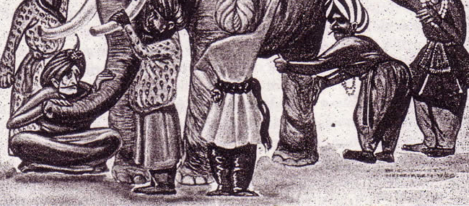
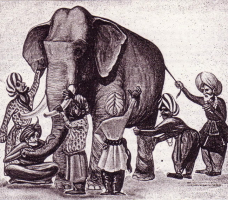 There is an ancient Asian parable which has found its way into a number of cultures including Hindu and Buddhist lore. In one version, the Buddha tells of a king who has nine blind men summoned to his palace. An elephant is brought in and they are asked to describe it. Each man feels a different part of the elephant and describes it to the king. In turn they tell him it is a pot (the man who feels the head), a winnowing basket (ear), a ploughshare (tusk), a plough (trunk), a granary (body), a pillar (foot), a mortar (back), a pestle (tail) or a brush (tip of the tail). They disagree violently with each other to the amusement of the king, and the Buddha surmises that ‘in their ignorance they are by nature quarrelsome, wrangling, and disputatious, each maintaining reality is thus and thus.’ Around 2,500 years later, groups of people continue to describe big things solely based on the bits with which they come into contact and bicker with others who are close to other bits.
There is an ancient Asian parable which has found its way into a number of cultures including Hindu and Buddhist lore. In one version, the Buddha tells of a king who has nine blind men summoned to his palace. An elephant is brought in and they are asked to describe it. Each man feels a different part of the elephant and describes it to the king. In turn they tell him it is a pot (the man who feels the head), a winnowing basket (ear), a ploughshare (tusk), a plough (trunk), a granary (body), a pillar (foot), a mortar (back), a pestle (tail) or a brush (tip of the tail). They disagree violently with each other to the amusement of the king, and the Buddha surmises that ‘in their ignorance they are by nature quarrelsome, wrangling, and disputatious, each maintaining reality is thus and thus.’ Around 2,500 years later, groups of people continue to describe big things solely based on the bits with which they come into contact and bicker with others who are close to other bits.

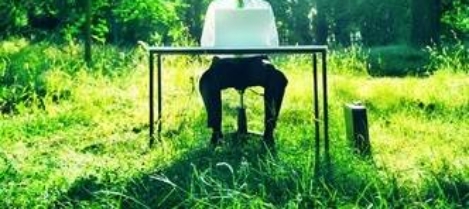



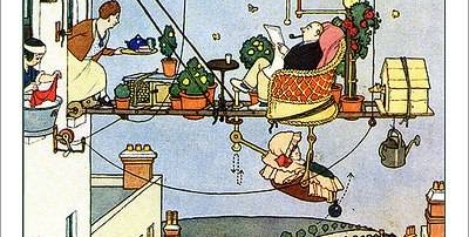
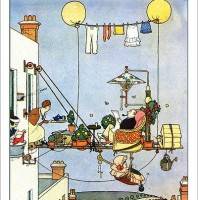









February 28, 2017
A report into facilities management that is hard to swallow 0
by Simon Heath • Comment, Facilities management
(more…)